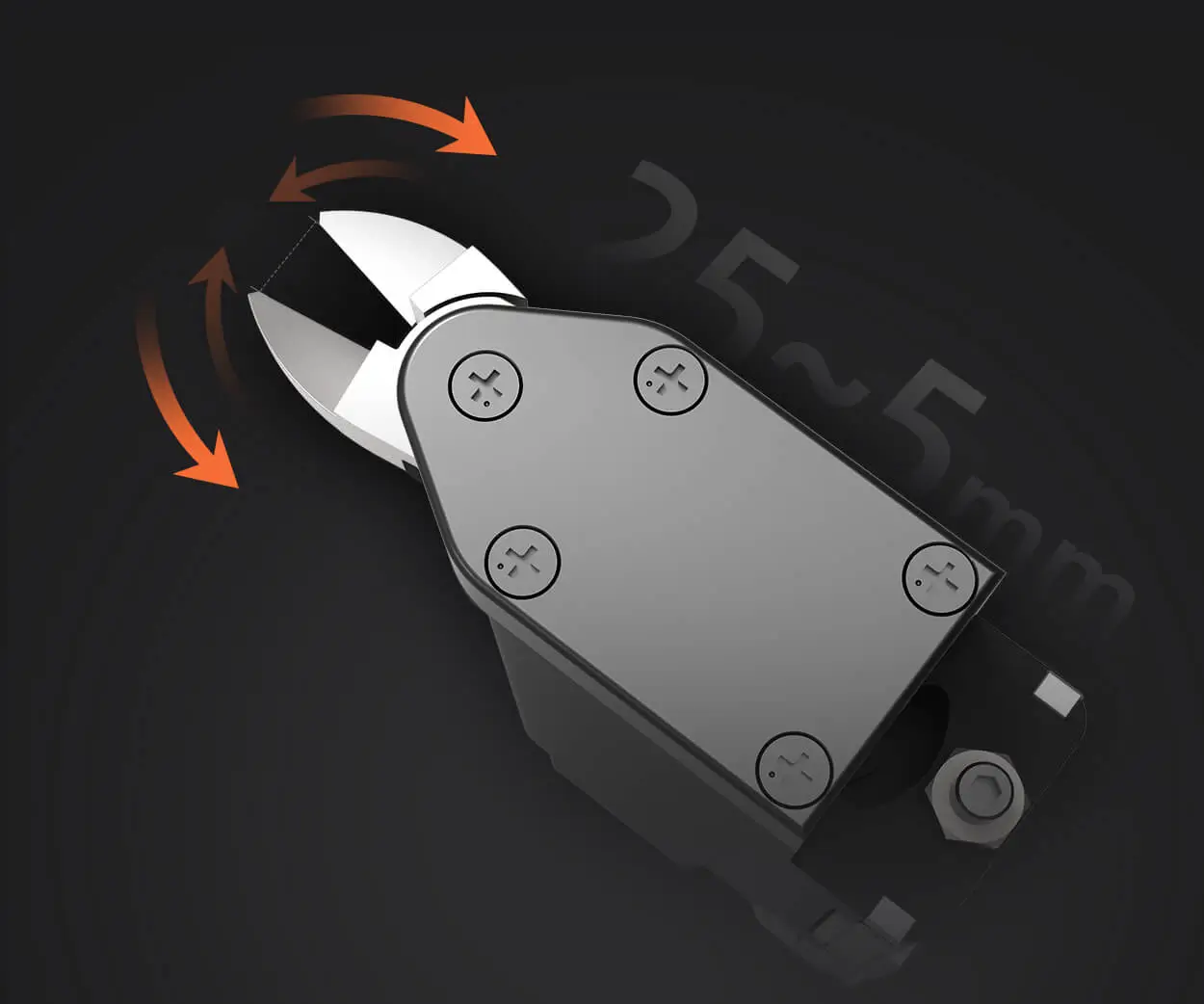Unlocking Precision: Your Complete Guide to Buying the Perfect Servo Motor
In any realm where control, precision, and automation are paramount, servo motors stand out as the cornerstone of success. Whether you're an industrial engineer fine-tuning manufacturing equipment, a robotics enthusiast assembling your dream project, or a hobbyist diving into DIY automation, understanding how to select the right servo motor can transform your project from good to exceptional.

Let's start by demystifying what a servo motor truly is. At its core, a servo motor is a rotary or linear actuator that allows precise control of angular or linear position, velocity, and acceleration. Unlike standard motors, servo motors integrate a sensor for feedback—often an encoder—that continually reports the motor's position back to the controller. This closed-loop system makes servo motors ideal for applications requiring high accuracy and repeatability.
Now, why is "buying a servo motor" such a pivotal decision? Because a misstep—be it choosing a motor with insufficient power, incompatible specifications, or poor quality—can hinder your project’s performance, inflate costs, or even lead to complete failure. Therefore, understanding the fundamentals, key specifications, and application needs is essential before making a purchase.
Understanding Your Needs
The first step in buying a servo motor is to clarify your specific requirements:
Application Type: Are you automating a robotic arm, controlling a camera gimbal, driving conveyor belts, or building a CNC machine? Each application demands different motor characteristics. Torque and Power: How much force is needed to move your load? Heavy-duty machinery needs higher torque, while delicate applications require precision with minimal force. Speed Requirements: What's the required speed of operation? Some projects call for rapid movement; others need slow, controlled motion. Positioning Accuracy: Do you need the motor to hold a position precisely? For example, robotic joints often demand high-resolution feedback. Control System Compatibility: Ensure the servo motor can interface seamlessly with your existing controller or operation system, whether it's a PLC, microcontroller, or industrial automation platform.
Key Specifications to Consider When Buying a Servo Motor
Motor Type: AC Servo Motors: Known for high power and efficiency, commonly used in large industrial applications. DC Servo Motors: Offer precise control and are often preferred in smaller or portable systems. Brushless vs. Brushed: Brushless motors tend to be more durable and efficient, ideal for long-term use. Torque and Force Ratings: Typically specified in Newton-meters (Nm) or ounce-inches (oz-in). Choose a motor with a torque rating that exceeds your maximum load requirements to ensure smooth operation and longevity. Speed Range and RPM: Consider the maximum rotational speed in revolutions per minute. Some applications prioritize high RPM, others require torque at lower speeds. Feedback Devices (Encoders): The resolution of the encoder affects the precision of position feedback. Higher resolution provides finer control but may come at increased cost. Power Supply Requirements: Match the motor's voltage and current specifications with your power source to prevent overloading or underperformance. Size and Mounting: Ensure the motor physically fits within your design space and is compatible with existing mounting standards. Durability and IP Rating: For harsh environments, look for motors with appropriate ingress protection ratings, resistance to dust, moisture, and temperature variations.
Quality and Brand Considerations
While cost is a factor, investing in a reputable brand often pays off in reliability, technical support, and longevity. Leading brands such as Mitsubishi, Maxon, or Baumüller have established trust through quality engineering and comprehensive customer service.
The Cost Spectrum
Servo motors come in a broad price range, from affordable options suitable for hobby projects to high-end industrial units. Budget considerations should balance performance requirements with the project's complexity. Remember, a cheap motor may save money upfront but could incur higher costs due to frequent replacements or performance issues.
Where to Buy a Servo Motor
Authorized Distributors and Resellers: Ensure authenticity and post-sale support. Direct from Manufacturers: For bulk orders or specialized specifications. Online Marketplaces: Sites like Amazon, eBay, or specialized industrial suppliers. Be cautious and verify seller credibility.
Part 2 Coming Soon!
In the next installment, we'll cover detailed tips for comparing different servo motors, essential testing and validation steps before installation, troubleshooting common issues, and key questions to ask your supplier. Stay tuned to ensure your investment in a servo motor delivers the precision and performance your project deserves!
Kpower has delivered professional drive system solutions to over 500 enterprise clients globally with products covering various fields such as Smart Home Systems, Automatic Electronics, Robotics, Precision Agriculture, Drones, and Industrial Automation.




































